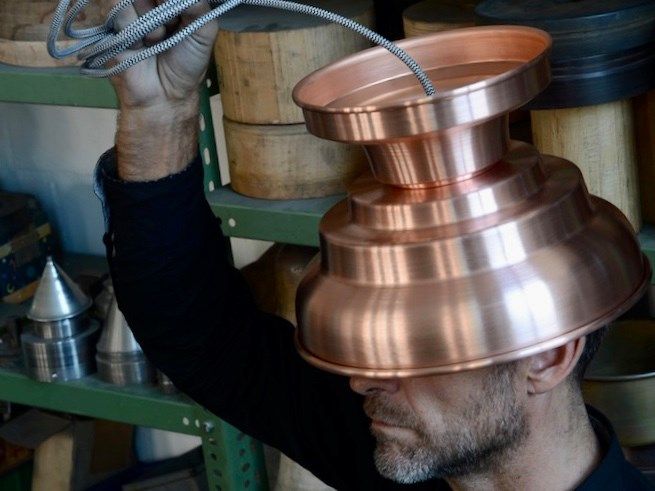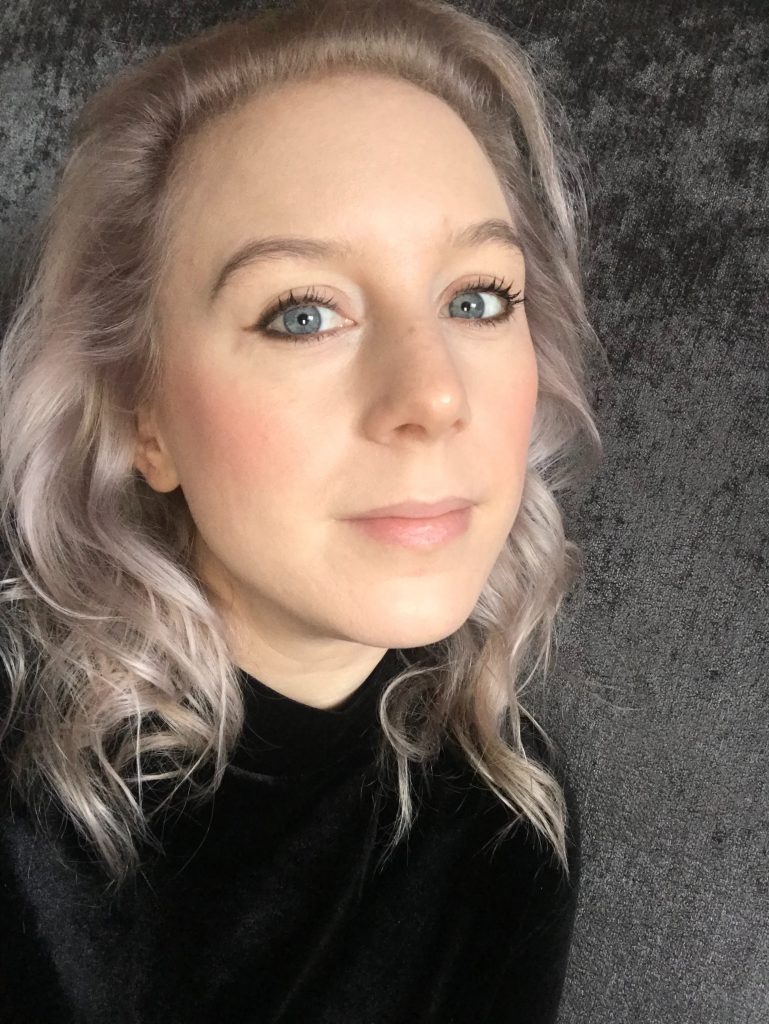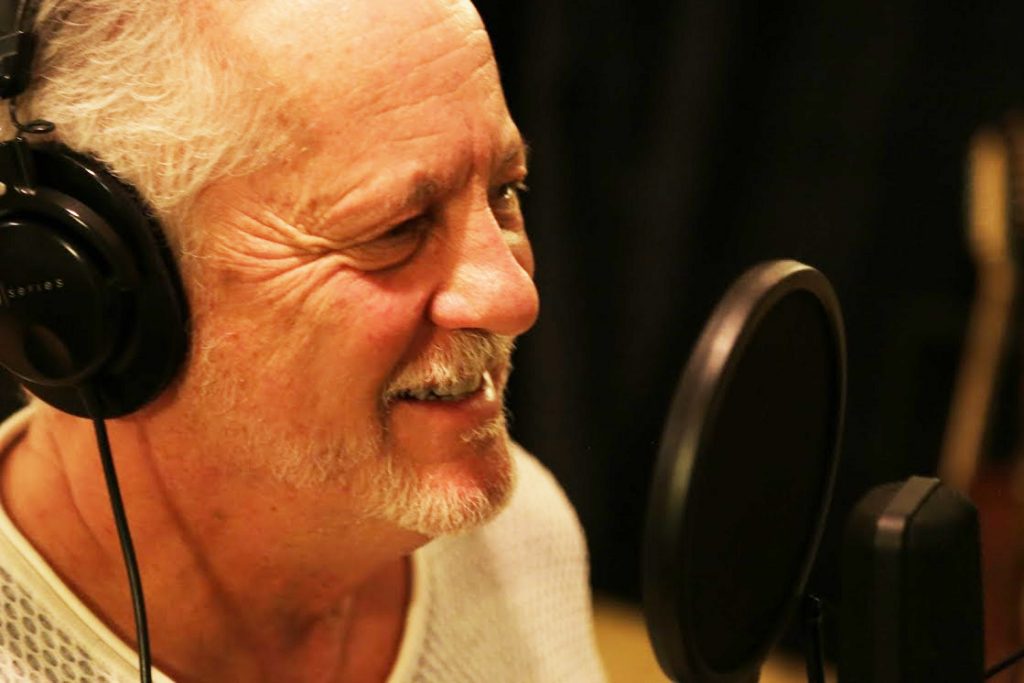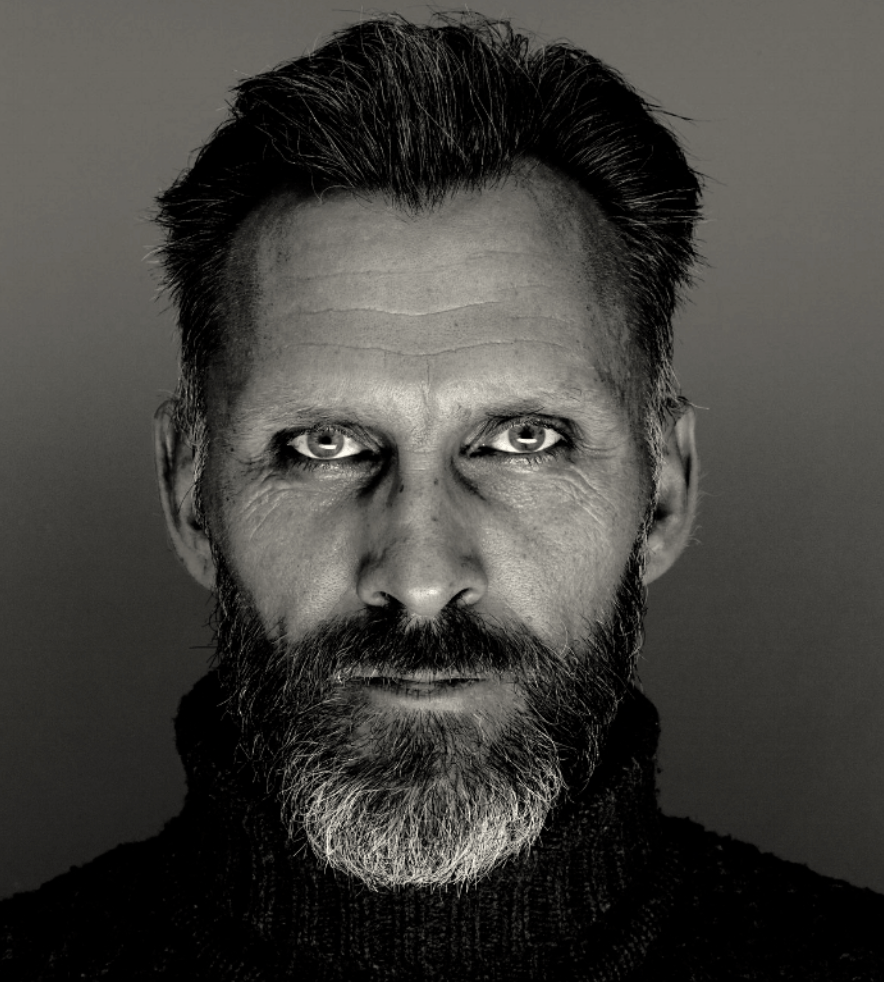It surprises many newcomers to Denmark how seriously the country takes its art.
In total, nearly 300 creatives benefit from life-long grants that support their living costs.
Nearly 100 visual artists are supported in such a way, along with authors, composers, designers, film and theatre creatives, and architects – although earnings will often reduce the amount they are given.
Like they don’t exist
But one group is almost entirely excluded – both from the grants and from the government’s recent compensation of many employers across Denmark: the international creatives.
This ever-growing segment of the culture scene has suffered immeasurably during the Coronavirus Crisis. With no audience, their work dried up and there was no safety net.
While many of us, who are happy to enjoy their talents in fair-weather times, did our best to forget they even exist.
Tougher times than most
CPH POST felt obliged to raise awareness of their plight – after all, some of this country’s brightest creatives are either internationals or have been heavily influenced by them.
Between them, our actress, comedian, artist and singer have endured a tougher pandemic than most.
We asked them how their business has been impacted, what could the government have done differently, and whether the crisis indeed brought any benefits.
Name: Dawn Wall
Nationality: British
Profession: Actress
Years in Denmark: 10
What does your job entail under normal circumstances?
Depends which one, because as an actress I don’t have steady hours and I’m not theatre-based. In terms of normal circumstances, if you can say that for acting, I would get invites from casting agents, or I would approach casting agents. But because I write as well, I’m always sitting in my home office and writing different pieces. I also work as a cook two to three times a week at Mikkeller headquarters.
How has this changed during the pandemic – and did you anticipate this change?
The real change for me was being sent home from Mikkeller because a lot of the time you’ll need some sort of standard general income from jobs. I’m a member of the Dansk Skuespillerforbund, which I started before lockdown. I paid quite a lot of money to be a member, but they did organise some online training. It was weird to learn a new system with Zoom, but it also helps for future castings though. Because I think a lot of casting agents will go via that route in the near future – both to save time and to protect themselves from all these weird actors with their snotty noses coming into their offices.
Have you received any funding from the government? If so, did you reach out or did they?
Luckily I was still paid for my job by Mikkeller, otherwise I would’ve been completely screwed. I did write to the government because I was concerned, and they basically said they could see on my records I would be getting paid until June, so no, essentially they weren’t going to give me anything. I’ve just bought a little apartment, so I had to get quite creative in terms of making sure that I have enough money to pay the bills and survive. I would have actually had to quit my job at Mikkeller, or for them to have fired me to leave me with no income whatsoever, in order to get help.
How have you been adapting your work during Covid-19?
Essentially just figuring out Zoom and holding meetings with directors about future projects. I feel like it was really tough when you rely on your network and are constantly picking up jobs when productions have shut down. All meetings for the future production company I wanted to work with were cancelled indefinitely. I was lucky enough to get an advert with IBM that I did during lockdown with masks and three people on set.
In cases like yours, do you think the government should have acted differently?
I don’t think they should have acted differently with me particularly. Culture-wise they could’ve looked after artists a bit better who weren’t high earners, but they didn’t. But yet again I think I was essentially one of the lucky ones because I didn’t really need the government to help me this time.
Have there been advantages to taking this time off in terms of your creative endeavours?
I’ve benefited from creatively not rushing. But I think I would’ve been a lot more relaxed if I knew when, and if, I was potentially coming back to work. That uncertainty day after day is like being in an airport waiting for the flight home, but never knowing when you’re going to leave. But there were several creative people who had the chance, and the energy, and the inclination to reach out and contact me. And I don’t think they or I would’ve had the time to give each other the attention we deserved otherwise.
Name: Ray Weaver
Nationality: American
Profession: Musician
Years in Denmark: 25
What does your job entail under normal circumstances?
Well, I’m a musician, and a voice-over artist, and a writer, and a translator, so there’s a lot going on. Principally, I’m a musician. I perform live at different pubs and venues all over the world.
How has this changed during the pandemic – and did you anticipate this change?
The whole music thing changed with the pandemic, as no venues were open. So, no way to make money. I kind of anticipated it, but I had no idea it would be this bad or last this long.
Have you received any funding from the government? If so, did you reach out or did they?
I have not received a dime from the government, neither from the US nor from Denmark. In both cases there were benchmarks that I didn’t meet.
How have you been adapting your work during covid-19?
I’ve been trying to get more writing work and do more voice-overs from home. I did get one good voice-over job that I could go to the studio for, as long as we practised social distancing. I and my daughter did a couple of live streams to raise money for a mental health foundation that is run by my wife, and we did quite well the first couple of times. But once that ran its course, and everybody and his dog was doing a live stream, we kinda knocked it on the head. But it did work for a while and we brought some money into the foundation, so that was good. There’s only so many bad videos with scratchy sound quality that people want to see.
How do you think the situation could have been handled better by the Danish government?
I don’t think the government of Denmark could’ve acted any better – I think they’ve done an excellent job. It was completely unprecedented, so nobody knew what was and what wasn’t going to work. The numbers sort of suggest that Denmark has done the right thing. For the financial numbers, we’ll have to wait and see.
Have there been advantages to taking this time off in terms of your creative endeavours?
I’ve got three or four songs written that I wouldn’t have gotten done otherwise, especially since some of them relate to the world and what’s going on right now. And I think because I did get Covid-19 – I was very, very ill and nearly died – I feel differently about a lot of things. I feel differently about my time here on the planet. I’m a lot more reflective, a lot more thankful that I’m still here and that I made it through, and I think I’ll be more grateful for the gifts that I have in my life now.
Name: Jefferson Bond
Nationality: British
Profession: Comedian/Actor
Years in Denmark: 4
What does your job entail under normal circumstances?
I am a stand-up comedian and actor. I perform at comedy clubs in both Denmark and Sweden (such as Comedy Zoo and Citizen and Comedy Festivals). I also perform on stage and write and produce sketches with my comedy partner, Kevin Kiernan-Molloy, for our upcoming web show: ‘You Seen This?’. I am also working on a performance of ‘A Midsummer Night’s Dream’ at the Botanical Gardens.
How has this changed during the pandemic – and did you anticipate this change?
Nearly everything I do needs an audience. Otherwise it’s just me alone in a room being mental and scaring my neighbour’s cat. This year I was invited back to Lund Comedy Festival to perform a show, as well as performing ‘A Midsummer Night’s Dream’ during the summer. These things have now been put on hold, or are in a state of uncertainty. I think for the longest time, particularly in the comedy scene, that Covid-19 seemed to be treated as just a premise for jokes. Ironically, by March a lot of comedians were sick of Covid jokes as it was just a buzzword on the news, but it was on the other side of the world so it wasn’t an imminent concern. Then all of a sudden it was in Denmark, and it became real.
Have you received any funding from the government? If so, did you reach out or did they?
I did not apply for government funding. It’s unfortunate that I have lost out on profits, but I would much rather funding go to other artists and creatives in the community who are genuinely struggling.
How have you been adapting your work during Covid-19?
I started doing a satirical news program on my Facebook and Instagram pages to try and keep myself sharp, which I found very entertaining. It kept me productive by getting one person to smile or at the very least breathe air a little more forcefully out of their nose.
How do you think the situation could have been handled better by the Danish government?
I must confess that when the lockdown happened I considered it an over-reaction. But, you look around the world, first with Italy and those poor people who had to die alone in those hospital beds, it was just heartbreakingly surreal. I personally think Mette Frederiksen and the government handled the crisis incredibly well, as well as the people of Denmark for taking it so seriously.
Have there been advantages to taking this time off in terms of your creative endeavours?
I think the first week of quarantine was amazing. It was like a holiday. It meant I could catch up with friends back home in the UK, I could concentrate on other projects that I would have put off, and I could relax without feeling guilty. But then slowly it started to wear me down. I get very restless when I am idle because I love my job, so being unable to do something that makes you feel useful is a terrible feeling. There was this constant voice in my head that said I should be using my time more productively – so much so that at one point I had written close to 12 pages of new jokes, I had written and organised as many comedy sketches and filming dates as I could, and my apartment was so spotless that I am pretty sure I could’ve seen the Coronaviirus if it was floating around.
Name: Hrafnkell ‘Keli’ Birgisson
Nationality: Icelandic
Profession: Artist, Designer and Adventure Guide
Years in Denmark: 12
What does your job entail under normal circumstances?
I have my eggs in a few different baskets. At this time of year I would normally be based in Iceland doing some adventure guide work. As a creative designer I make and sell things to shops, but there are many orders that were cancelled months ago. My third basket has been working on film productions, a few gigs a year mostly in Iceland, which ground to a halt during the last few months, although it seems to be picking up a bit now and it will be a very busy autumn.
How has this changed during the pandemic – did you anticipate this change?
It was an abrupt kind of change. I guided a small trip in Iceland at the beginning of March, and that was the last group that travelled. There were some trade fairs I exhibit at, but after March everything was cancelled. You stay with your current clients and suppliers, and no new products are being picked up, which has been very difficult for the creative industry. My focus now is on self-initiating projects, and I recently got some small funding to do some R&D on mountain hiking huts in Iceland. Exciting project.
Once the lockdown hit did you start to make long-term changes to the way you ran your businesses?
I started saying maybe I’ll go to school again to study, or do a PhD, which I’ve been considering for a long time. It changes your mindset: you start working and thinking of new options. You might regard it as a temporary situation, but you have to adapt to it somehow and look in different baskets and see if there’s anything to quickly focus on.
Have you received any funding from the government?
I would have been able to get some direct funding from the government, but the problem with my business is that income is very low during the first months of the year, so that wasn’t an option. I had to accept the support fee from the government at a very low rate. But luckily I have just received a grant from the Danish Art Foundation that will help me into the summer. But that wasn’t corona-related funding – it’s because I’m a good creative thinker, hopefully!
In cases like yours, do you think the government should have acted differently?
I would say there are a lot of people like me. I don’t think that the government had any plans for creatives here, but I recently found out about an initiative by the Danish Art Foundation in collaboration with a few other established funds, which is fantastic. In Iceland there has been a similar additional funding initiative. It’s a major challenge in an exceptional global situation like this to define support for niche creatives that survive off different baskets. For the next crisis, I’m sure there will be a better plan.
Have there been advantages to taking this time off in terms of your creative endeavours?
I think you could absolutely say that a crisis like this, and the same could be said of the Financial Crisis 12 years ago, triggers a lot of new initiatives. Because there were so many businesses that went down the drain, people had to rethink how they survive. And this is why it’s so important to support creative minds at this time, because they will get us through this crisis, just like they did then. You have to come up with new ideas, and that counts for all businesses – not just creators like myself.

















